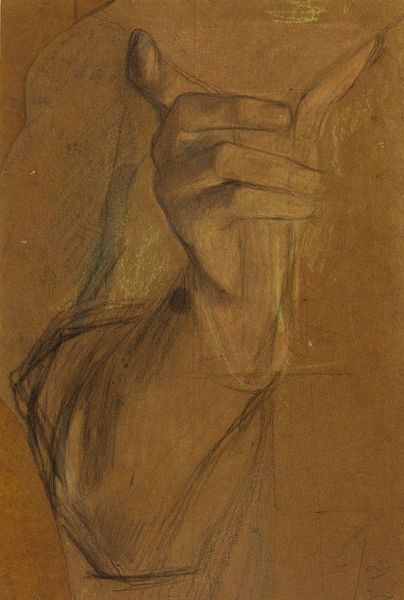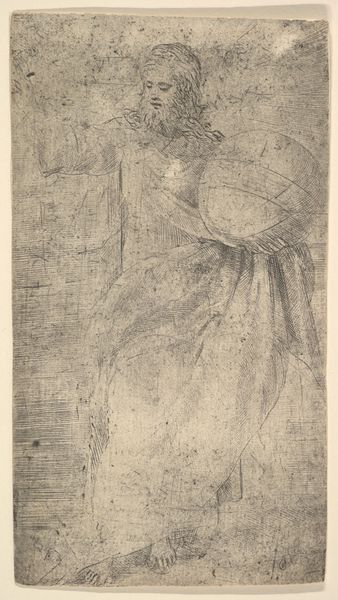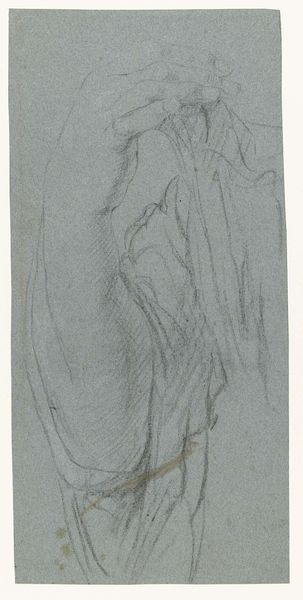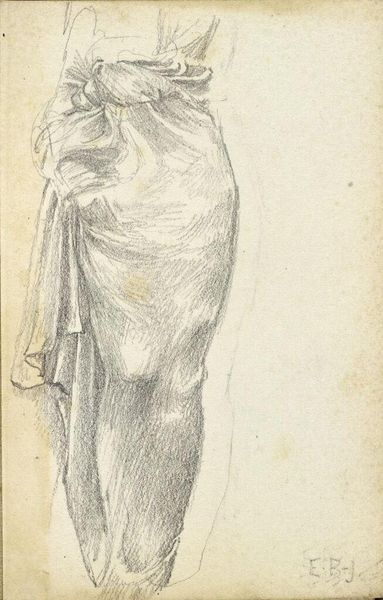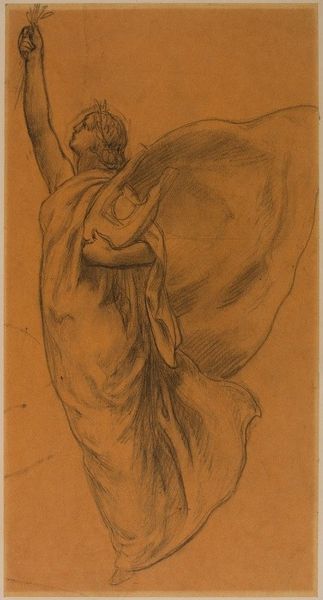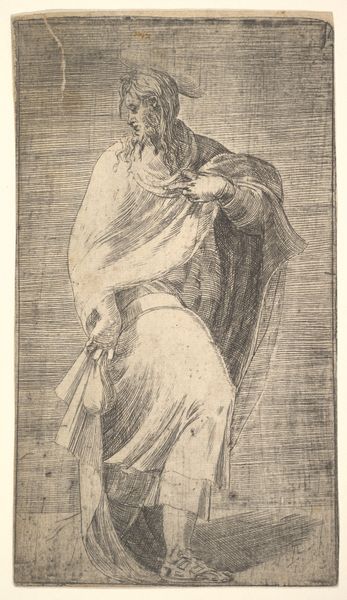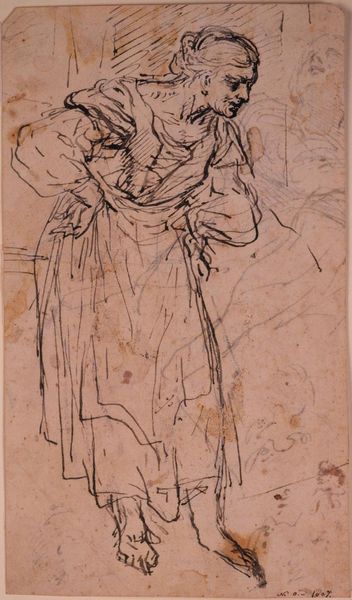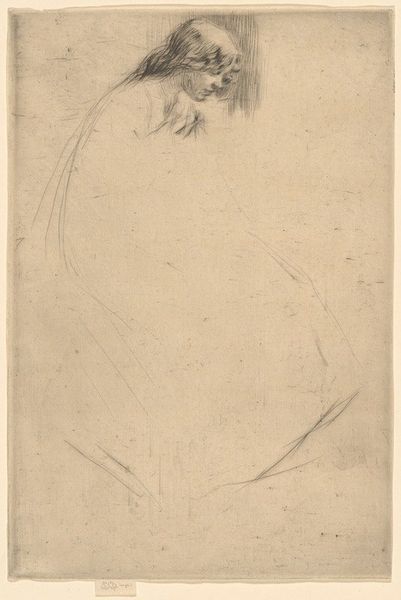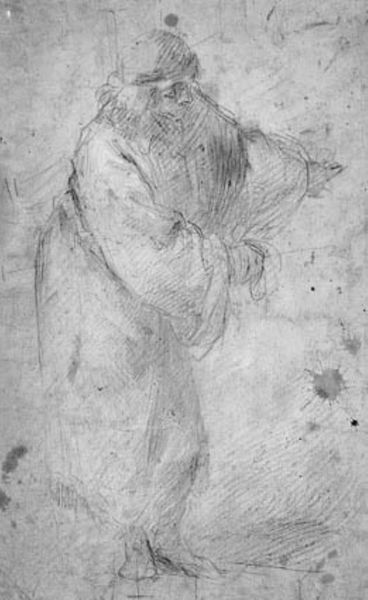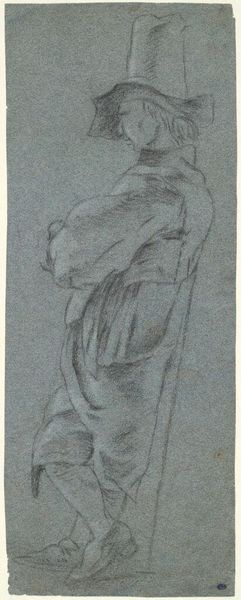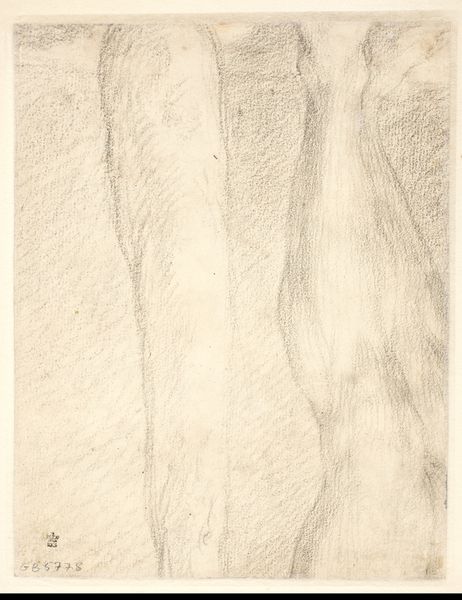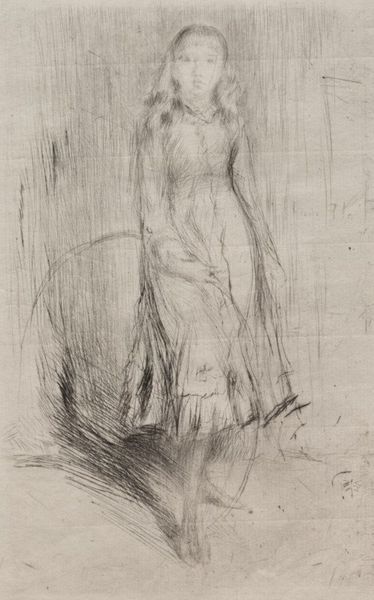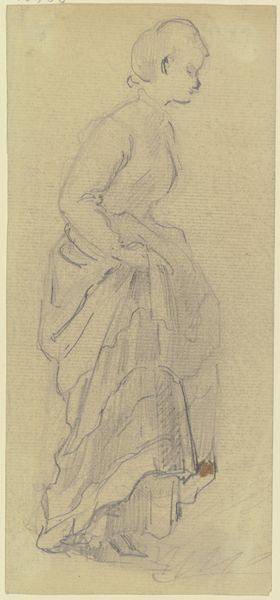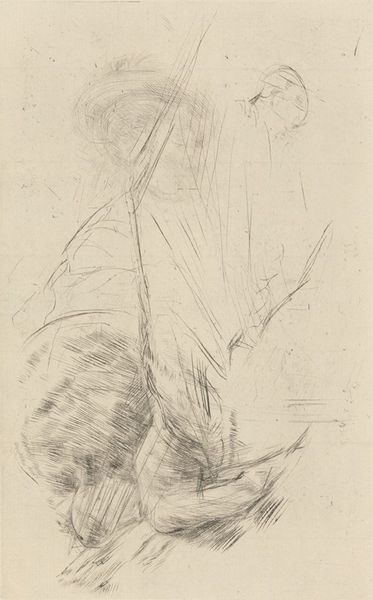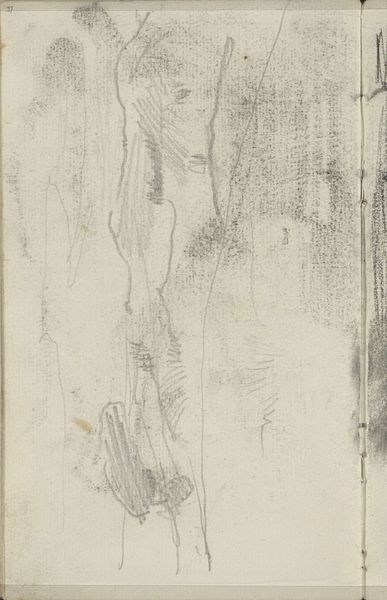
Dimensions: support: 902 x 297 mm frame: 1046 x 522 x 36 mm
Copyright: NaN
Editor: Here we have William Blake's "Winter," currently at the Tate Britain. It's a somber piece, all grays and whites, depicting a figure holding a bare tree. What do you see in this work? Curator: Blake often used his art to critique the societal “winters” of his time, challenging oppressive norms through symbolic imagery. Consider the industrial revolution, and its impact on marginalized communities. Does this figure’s vulnerability resonate with those struggles? Editor: It does now that you mention it. I was only thinking of the literal season. Curator: Blake’s art urged viewers to resist societal conformity, embrace radical thinking, and find beauty in nature's cycles. It's a powerful call for social and personal transformation. Editor: I never thought about Blake as a social activist before. Thanks for sharing that perspective.
Comments
Join the conversation
Join millions of artists and users on Artera today and experience the ultimate creative platform.
tatebritain 10 months ago
⋮
Blake personifies Winter as an old man, stepping forwards amidst swirling clouds. He carries a leafless branch like a ceremonial sceptre and a bird sits on his left shoulder. The painting illustrates lines from William Cowper’s poem The Task which describes Winter as ‘ruler of the inverted year’, his breath frozen on his lips and snow in his beard. It was commissioned by the Reverend John Johnson (Cowper’s cousin) as a decorative panel for the fireplace in his Norfolk rectory. The painting has faded and would originally have been bluer with more gold leaf. Gallery label, June 2024
